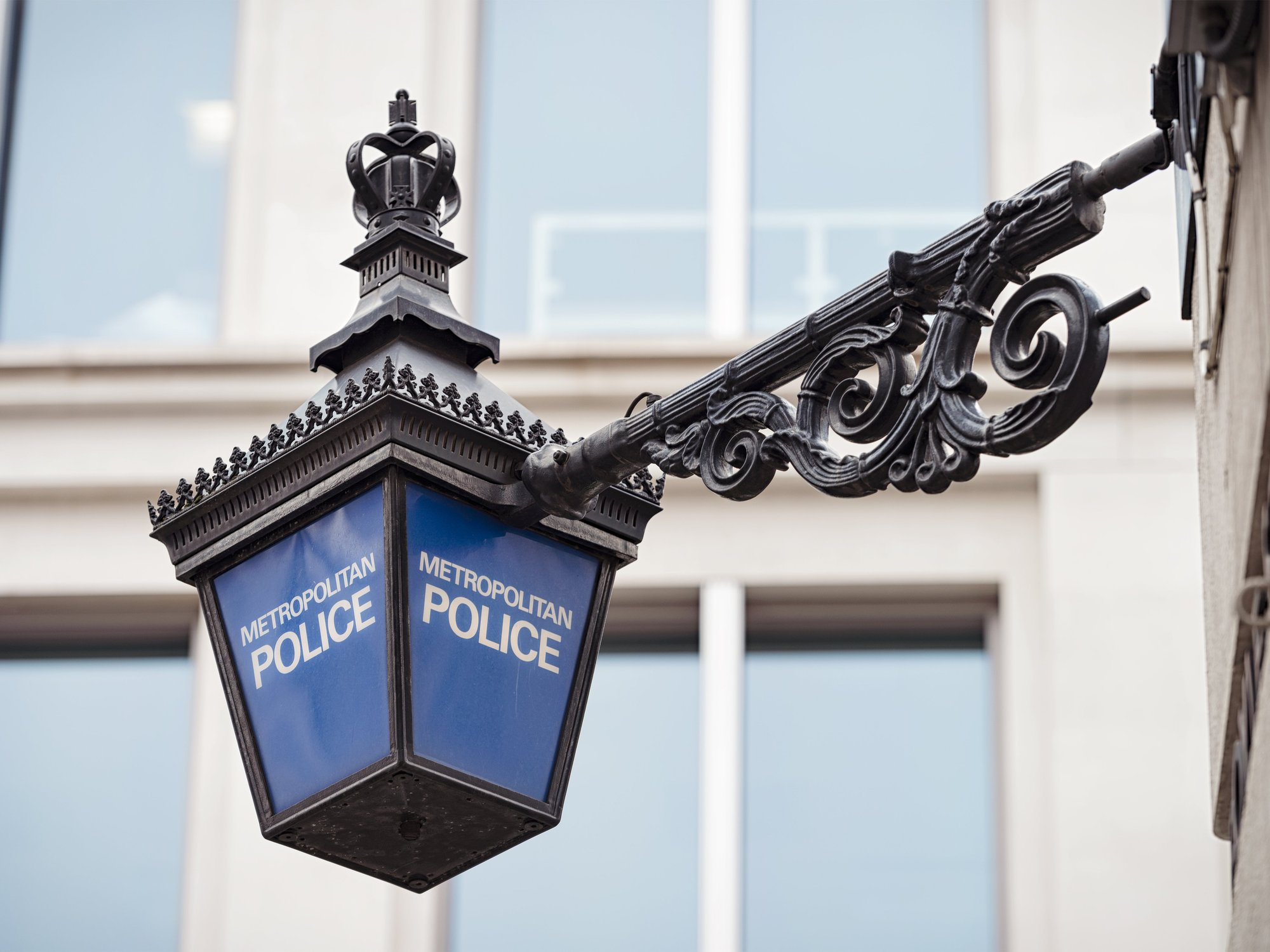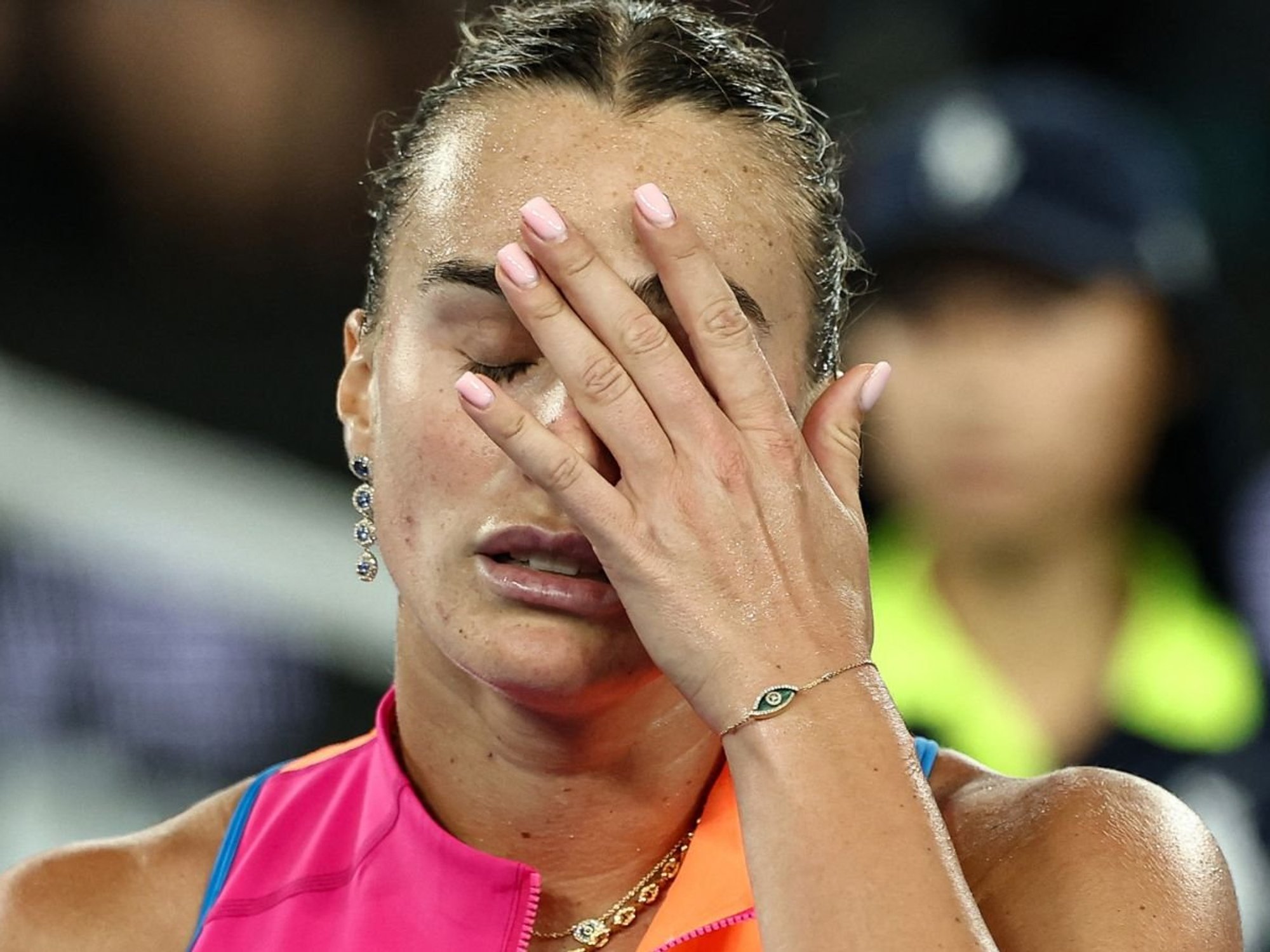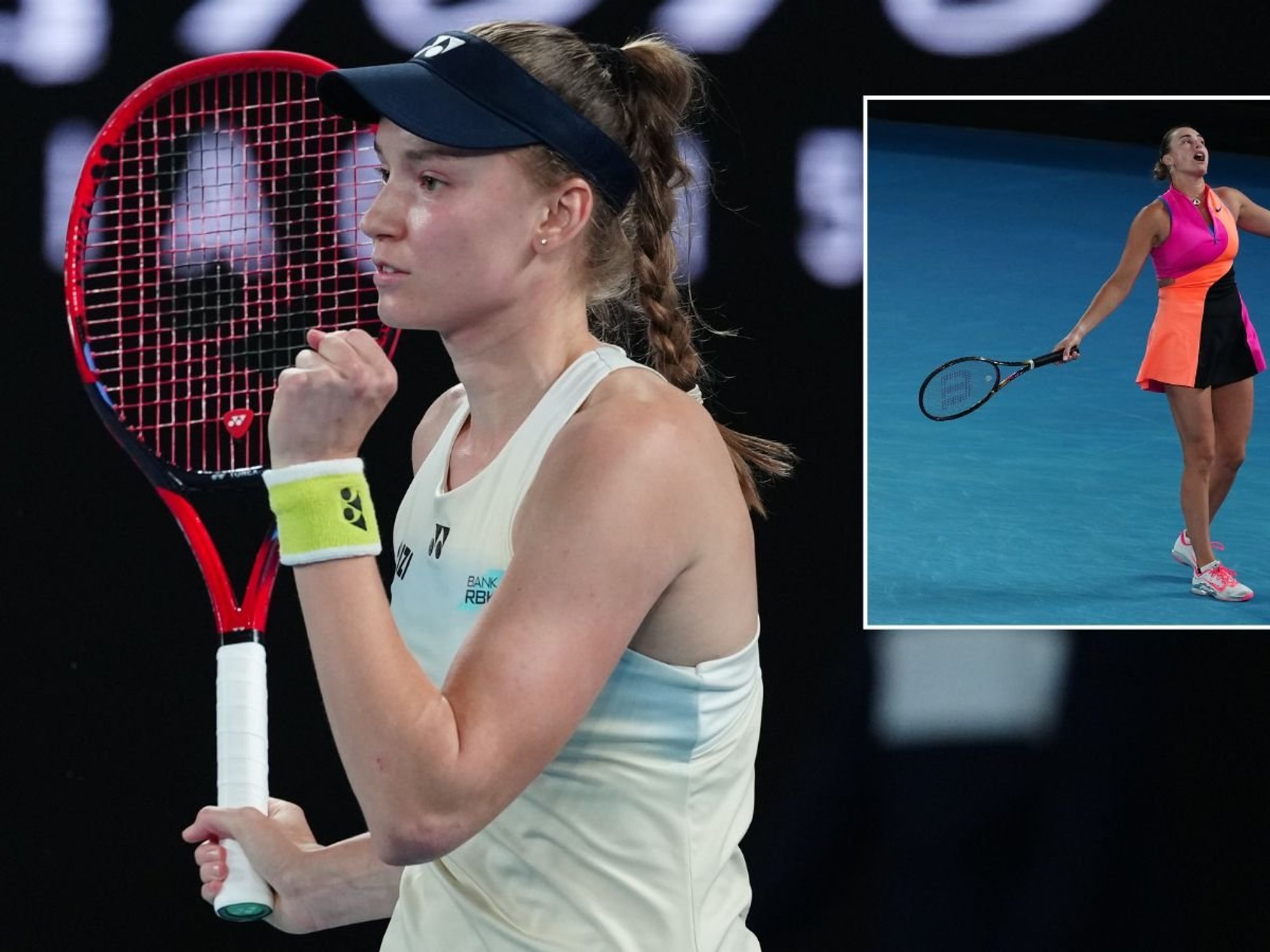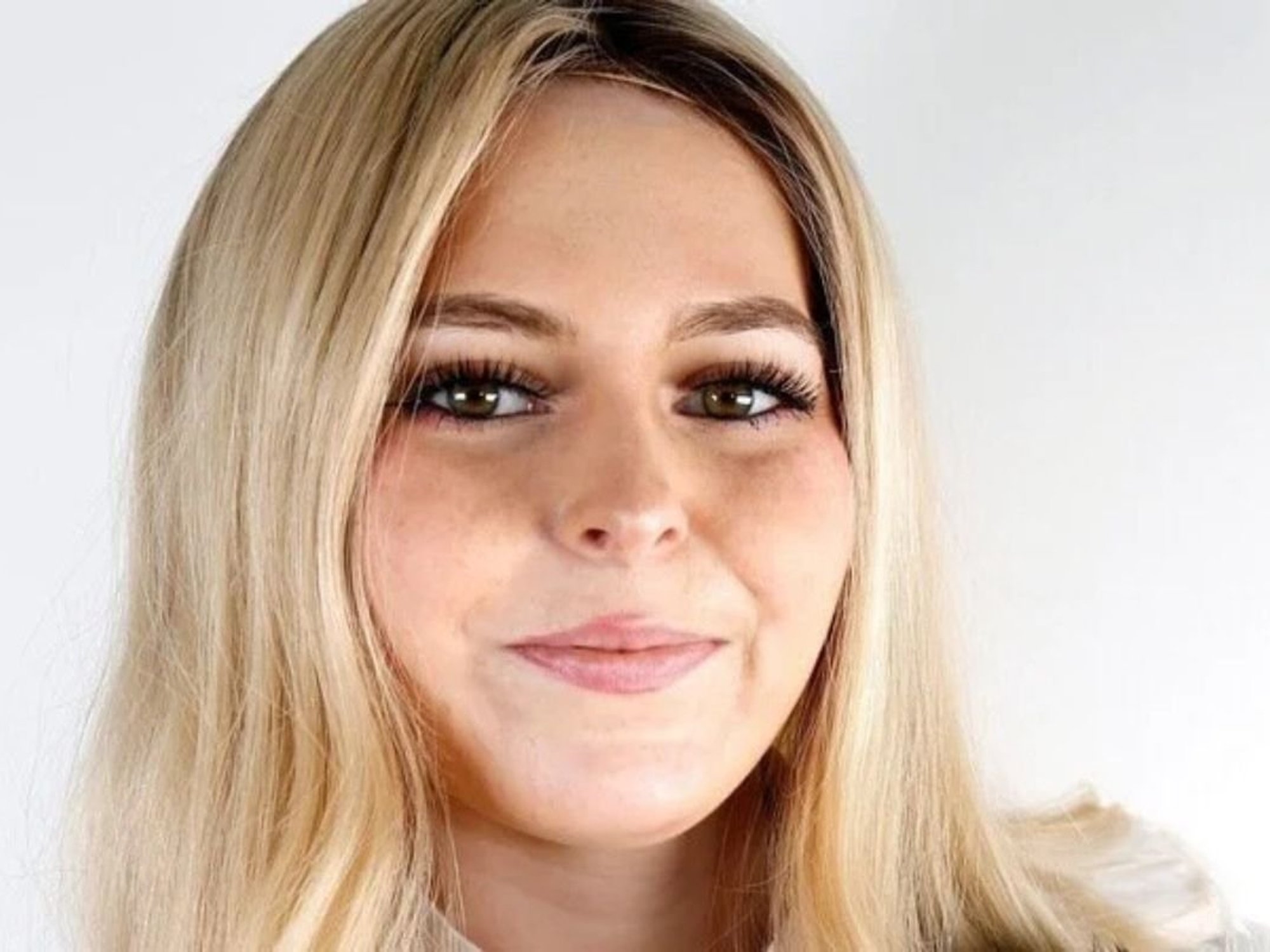Alex Phillips: We still really need to talk about violence against women

By Alex Phillips
Published: 13/10/2021
- 16:22Updated: 13/10/2021
- 17:38One in three women, globally, will come to some form of harm at the hands of a man
Don't Miss
Most Read
Latest
Every day you open a paper or switch on the news there is likely to be a story about a woman who has been murdered, assaulted or abused. My ever vigilant Superwoman producer Polly did a speed audit of today’s headlines in our morning meeting and counted no fewer than 14 unique stories relating to violence against women. Fourteen. From an MOD report into the heightened risk of domestic abuse in military families, to serving police officers still allowed to work despite allegations of the same, to the latest celebrity male accused of beating up his girlfriend. All around the world women are still being killed, raped or controlled on a daily basis.
One in three, globally, will come to some form of harm at the hands of a man. In the UK the statistic is marginally better, but still one in four. A QUARTER. In fact, let’s roll through those stats as this month is Domestic Violence Awareness month. So let's all become aware. It is worth contextualising today’s show - to explain why we are doing it.
Every three days a woman is killed by a man in the UK. Probably more frequently than you buy a pint of milk. 70% of these murders took place in their own homes. 1.6 million women were victims of domestic abuse last year. That’s the equivalent of the entire populations of Birmingham, Manchester and Aberdeen all put together. Seriously. One in five women will suffer sexual abuse, with that figure getting dangerously higher the younger you get. For girls under 25 in the UK, one third will now experience some form of sexual abuse. Your sister, daughter, niece, neighbour, colleague. With numbers like that, it is almost a certainty that you know one, even though you may not realise it.
Now, let’s see how normalised this is. Think of a handful of song lyrics that treat women as objects or even purport to actually abuse them, do a quick inventory of films or some of the most popular TV shows around right now and ask yourself whether they portray a form of abuse towards women. A little self-start survey probably yields a horrifying truth: That we are extremely used to hearing lyrics such as 'Smack That' top the charts, or watching films like A Talented Young Woman and Bombshell expose routine horrors faced by females, or programmes that brilliantly depict a chillingly accurate portrayal of violence, coercion and control such as Angela Black on ITV right now, or Maid currently on Netflix. Now transpose all of this into a setting where the victims are instead repeatedly of a specific race or creed, hair colour or even name, and you would call it scarily targeted systemic abuse on an industrial scale. While women may not be a minority, there is little to suggest that in the 21st century they are more respected, protected or safe than before.
Crimes have changed, abuse is more sophisticated with an entirely new slew of offenses from revenge porn to imported misogyny such as Female Genital Mutilation and Forced Marriage. Protection and care services are perhaps growing but are still woefully overburdened - 6,000 women this year alone are on the waiting list for rape support services, while a YouGov Survey carried out by UN Women UK found that a staggering 96% of girls don’t think the police have the ability to handle incidents of abuse and harassment with almost half saying they wouldn’t bother to report it. Something is going dreadfully wrong when that is the widely held opinion in a developed world country in 2021. Things should be getting better, not worse.
It pains me to have to say it, but recent atrocities such as those waged against Sabrina Nessa and Sarah Everard demonstrate that today, we STILL really need to talk about violence against women.











